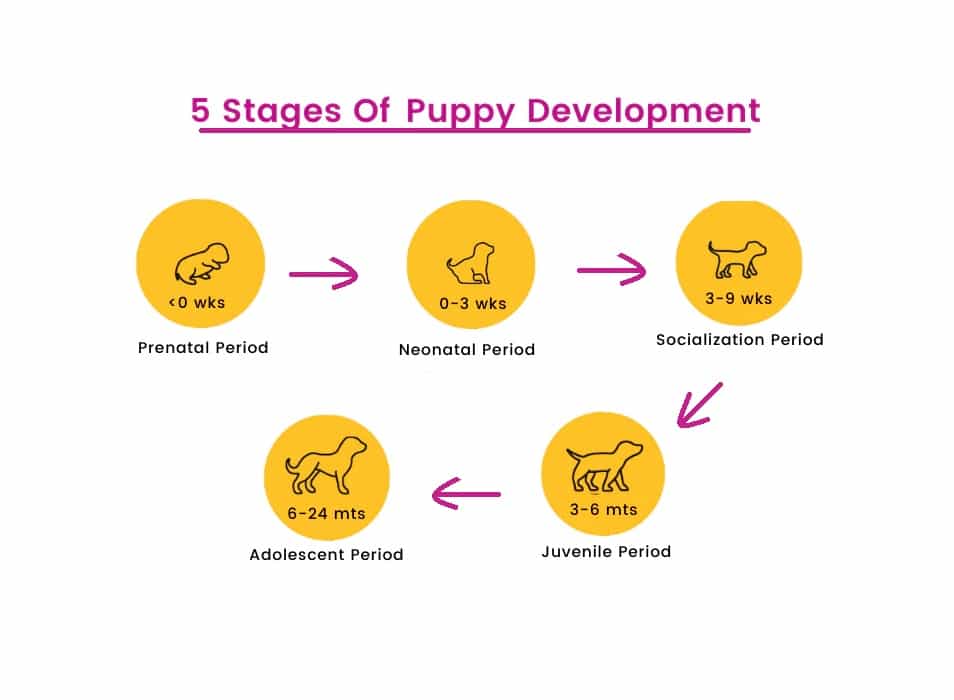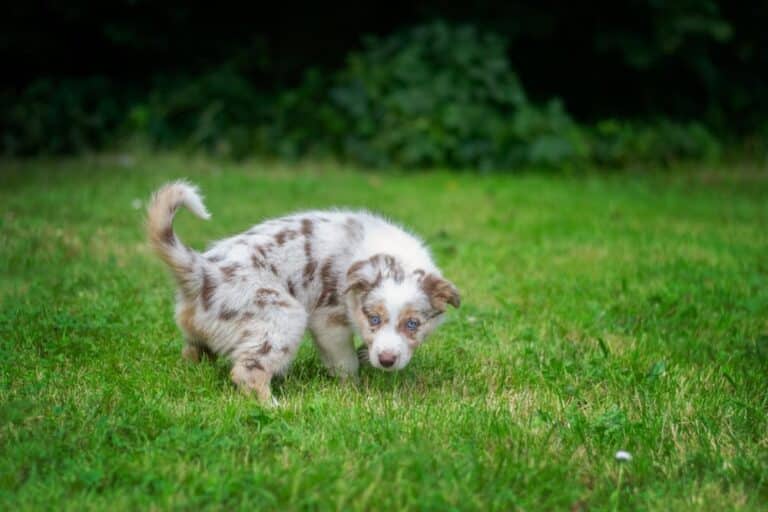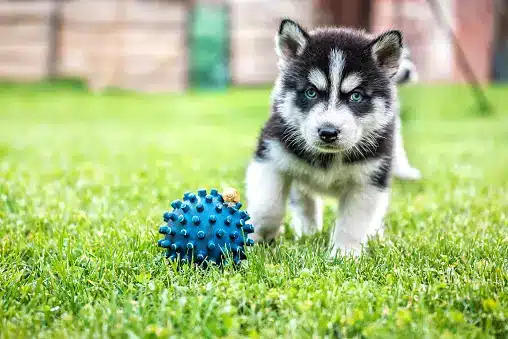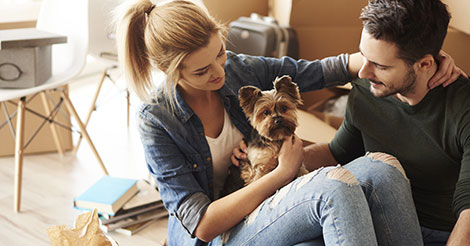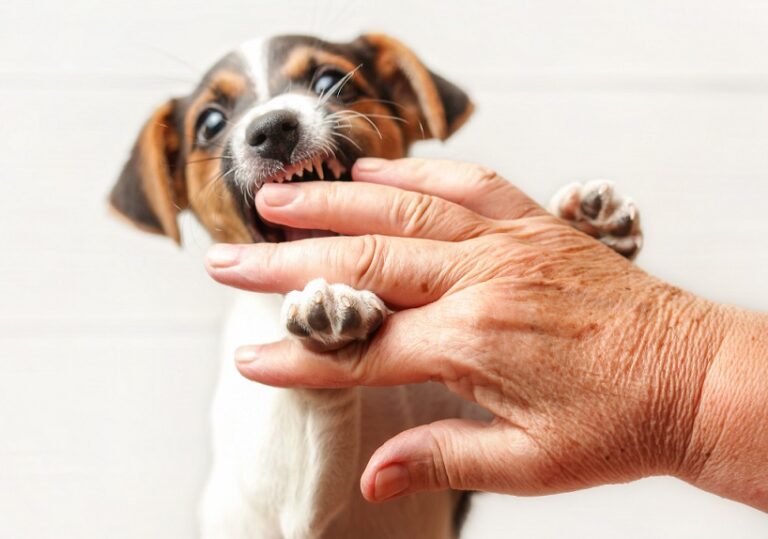Bringing a new puppy home is a happy time, but it also means learning how to take care of them as they grow. Puppies go through different stages as they grow up, from being cute and clumsy to becoming more independent. It’s important to know about these stages so you can give your puppy the right care and training. In this article, we’ll talk about the different stages of puppyhood and give you tips to help you look after your furry friend.
Developmental Stages of Puppies
When bringing a new puppy into your home, it’s important to understand the various developmental stages they will go through. These stages play a crucial role in shaping their behavior and personality as they grow into adulthood.
1. Neonatal Stage: The neonatal stage is the first 2 weeks of a puppy’s life. During this time, puppies are completely dependent on their mother for warmth, nourishment, and protection. They are born blind, deaf, and with undeveloped senses. It is essential for the mother to provide proper care and nurturing during this stage to ensure the puppies’ survival.
2. Transitional Stage :The transitional stage occurs between weeks 2 to 4 of a puppy’s life. This is a period of rapid growth and development where puppies start to open their eyes and ears, and begin to explore their surroundings. They also start to develop their sense of smell and coordination. This is a crucial time for socialization and bonding with littermates and humans.
3. Socialization Stage: The socialization stage typically occurs between weeks 3 to 12 of a puppy’s life. During this time, puppies start to interact with other dogs, animals, and humans. This is a critical period for exposure to different experiences and environments, as it helps shape their behavior and temperament. Proper socialization during this stage can help prevent behavioral issues in the future.
4. Juvenile Stage: The juvenile stage occurs between weeks 12 to 6 months of a puppy’s life. This is a time of continued growth and development, both physically and mentally. Puppies start to test boundaries and may exhibit behaviors such as chewing, jumping, and digging. It is important for owners to provide proper training and guidance during this stage to help puppies develop into well-behaved adult dogs.
Understanding the developmental stages of puppies is essential for providing them with the proper care and guidance they need to thrive. By being aware of each stage and its characteristics, you can help ensure that your puppy grows up to be a happy and well-adjusted dog.
Getting Ready for Your New Puppy
Getting a new puppy is exciting! But it’s important to get everything ready before they come home. Here’s what you need to do:
1. Make Your Home Safe: Before your puppy arrives, make sure your home is safe for them. Move anything dangerous, like small objects they could swallow or things they could chew on. Keep cords and wires out of reach, and close off areas that could be risky.
2. Set Up a Cozy Spot: Create a comfy place for your puppy to sleep and relax. Put a soft bed in a quiet corner and set out food and water bowls nearby. You can also add some toys to keep them entertained.
3. Get the Right Stuff: Make sure you have everything your puppy needs, like food, a leash and collar, a crate for training, grooming supplies, and toys to play with. Having these things ready will make your puppy feel at home.
4. Make a Schedule: Puppies like routines, so set up a schedule for feeding, going outside, playtime, and training. Stick to the schedule to help your puppy feel safe and secure.
5. Learn About Training: Learn some basic training techniques before your puppy comes home. Positive reinforcement, like treats and praise, works best. And don’t forget to socialize your puppy with other people and animals!
Common Challenges in Puppyhood
While raising a puppy is incredibly rewarding, it also comes with its fair share of challenges. Here are some of the most common obstacles you might encounter during puppyhood:
1. Potty Training: One of the biggest challenges for new puppy owners is teaching them where and when to go to the bathroom. Accidents are inevitable, but with patience, consistency, and positive reinforcement, you can help your puppy learn appropriate potty habits.
2. Chewing: Puppies explore the world with their mouths, which can lead to a lot of chewing—on furniture, shoes, and anything else they can get their paws on. Providing plenty of appropriate chew toys and supervising your puppy closely can help redirect this behavior.
3. Biting and Nipping: Puppies also use their mouths during play, but their sharp teeth can cause unintentional harm. Teaching bite inhibition and providing alternative outlets for their energy, such as interactive games and training sessions, can help curb this behavior.
4. Socialization: Proper socialization is crucial for puppies to grow into well-adjusted adult dogs. Exposing them to a variety of people, animals, sounds, and environments during their critical socialization period (typically between 3 and 12 weeks of age) can help prevent fear and aggression later in life.
5. Separation Anxiety: Many puppies struggle with being left alone, leading to whining, barking, destructive behavior, and even house soiling. Gradually acclimating your puppy to being alone, providing plenty of mental and physical stimulation, and using positive reinforcement techniques can help ease separation anxiety.
6. Obedience Training: Teaching your puppy basic obedience commands, such as sit, stay, come, and leash walking, is essential for their safety and your sanity. Consistent training using positive reinforcement methods is key to shaping desired behaviors and building a strong bond with your puppy.
7. Teething: Just like human babies, puppies go through a teething phase, which can be uncomfortable and lead to excessive chewing. Providing frozen toys, teething rings, and other chewables can help soothe their gums and redirect their chewing instincts.
8. Health Issues: Puppies are susceptible to a variety of health issues, including parasites, infections, and genetic conditions. Regular veterinary check-ups, vaccinations, deworming, and preventive care measures are essential for keeping your puppy healthy and happy.
Navigating through your puppy’s growth stages is both exciting and challenging. By learning about each phase, preparing your home, and giving consistent care and training, you can help your puppy grow into a happy dog. Remember to be patient and loving as you guide your furry friend. Enjoy every moment with your playful pup as they become a beloved part of your family.

